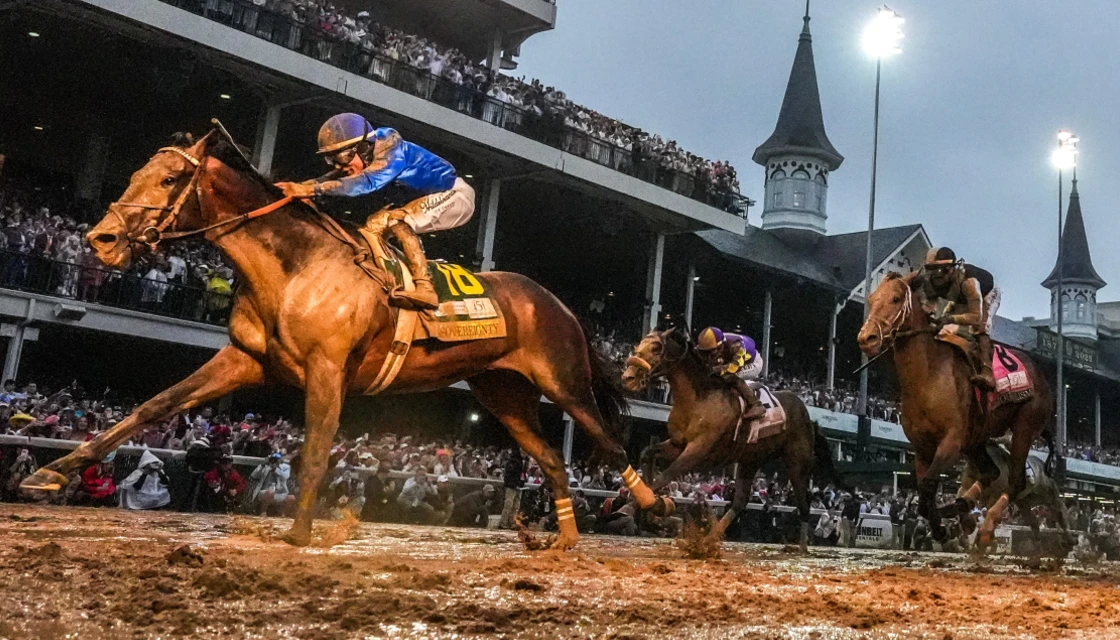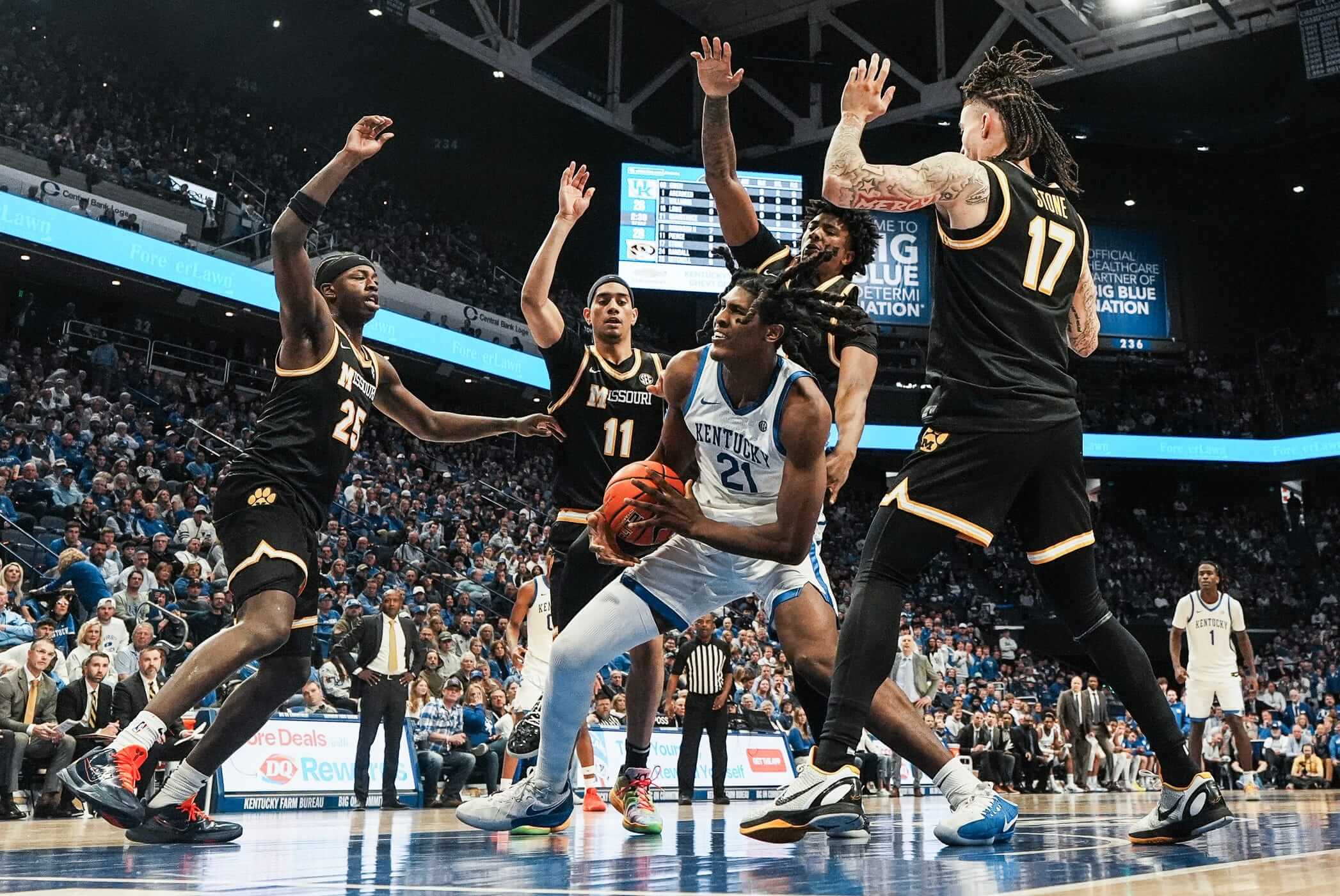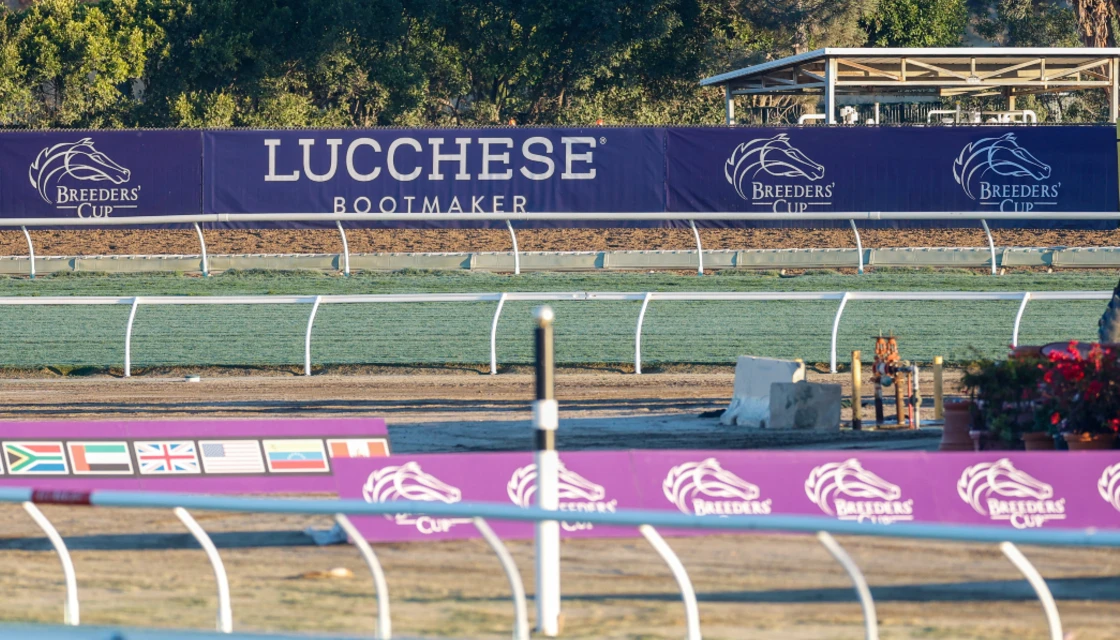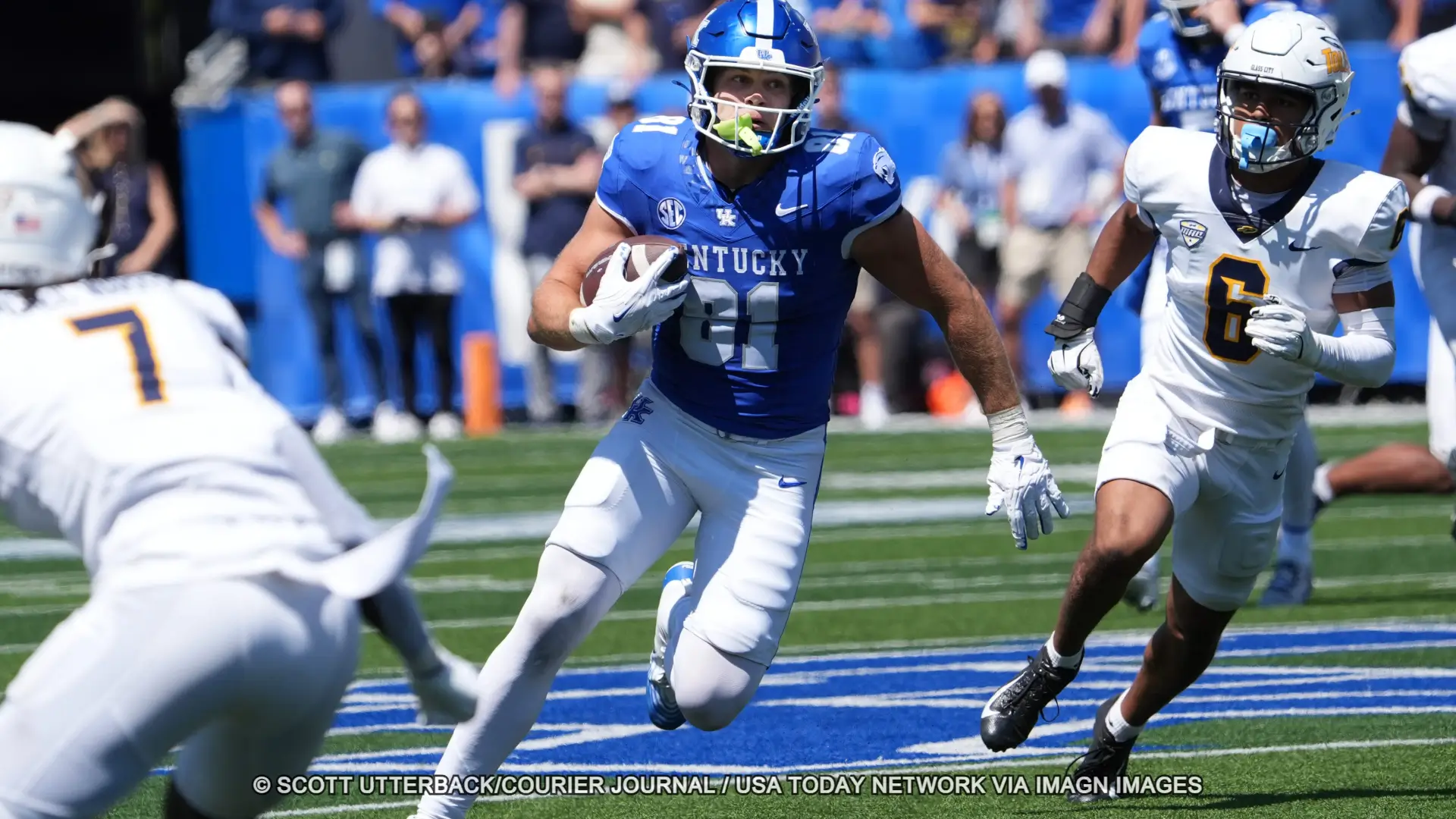When President Trump signed the “One Big Beautiful Bill Act” into law on July 4, it contained a provision that would cost some gamblers – including those who bet on Kentucky horse racing – dearly starting next year. Now, a congressman from the Bluegrass State is working to get that portion removed from the massive tax reform and appropriations measure.
U.S. Rep. Andy Barr filed the Winnings And Gains Expense Restoration (WAGER) Act late last week before the House entered its summer recess. If passed and signed into law, Barr’s bill would let gamblers who itemize deductions on their tax returns fully offset their winnings from racing, Kentucky sports betting or other forms of legalized wagering with losses.
Why The WAGER Act Is Necessary
That provision was in the Tax Cuts and Jobs Act Trump signed into law eight years ago. The OBBBA, filed to make many of the reductions from the 2017 legislation permanent, was amended in the Senate last month to cap gambling loss deductions at 90% starting in 2026.
If that remains, someone who earns $10,000 from gambling in 2026 would only be able to deduct $9,000 in losses, and that would add another $1,000 to their taxable income.
In a statement, Barr said that provision would not just affect gamblers. It would also threaten one of Kentucky’s signature industries.
“Restoring full deductibility of wagering losses will help the thoroughbred horse racing industry maximize economic value for equine businesses,” he said.
The WAGER Act gained immediate support from key leaders in the racing industry. While tracks may have other revenue streams to generate supplemental money for purses, such as historical horse racing machines at Kentucky tracks, they also use a cut from the parimutuel wagering pools on each race to cover expenses.
“Ensuring horseplayers can fully deduct losses is essential to maintaining a healthy wagering ecosystem that drives purses, supports breeders and sustains the broader racing economy,” said Shannon Arvin, CEO of Keeneland, the Lexington thoroughbred track in Barr’s Central Kentucky district. “Keeneland thanks Congressman Barr for his proactive leadership and advocacy for the horse racing community and its economic future.”
Barr is not the only lawmaker working to ensure the 100% deduction rate. Nevada U.S. Rep. Dina Titus and Nevada U.S. Sen. Catherine Cortes Masto have filed similar bills. Both Nevada legislators are Democrats; Barr is a Republican, the party that holds narrow majorities in both chambers.
Odds On The WAGER Act Passing
Many lawmakers said they were unaware of that change being inserted when they voted to send the bill to the president, who had long called for signing it on the federal holiday. Professional gamblers initially noticed it days earlier as the Senate and called for the House to reject the Senate’s bill. That would have likely led to lawmakers missing the president’s deadline.
Other lawmakers have since echoed their support for restoring the full deduction of gambling losses, a move that signals there is interest in making it happen.
However, it can take a long time for bills to become law. Barr was a sponsor of the Horseracing Integrity and Safety Act that Congress passed in late 2020. HISA, though, was originally filed in 2015, and it wasn’t until a rise of thoroughbred fatalities at Santa Anita Park in California that it garnered enough support to pass the House five years later.
Even at that point, the bill did not pass the Senate on its own. Rather, it needed to be inserted in a large spending bill Congress passed.
Given the support the bills have received in a short time, it is possible that some measure will go before President Trump by the end of the year. However, it’s more likely language restoring the full deduction will be included in another large spending package rather than a single bill going through the two chambers and committees in both.
BetKentucky.com your source for the latest sports betting news and Kentucky sportsbook apps reviews, will continue to monitor the bills as they progress across Capitol Hill.
USA Today Network photo by Michael Clevenger and Christopher Granger/Courier Journal







